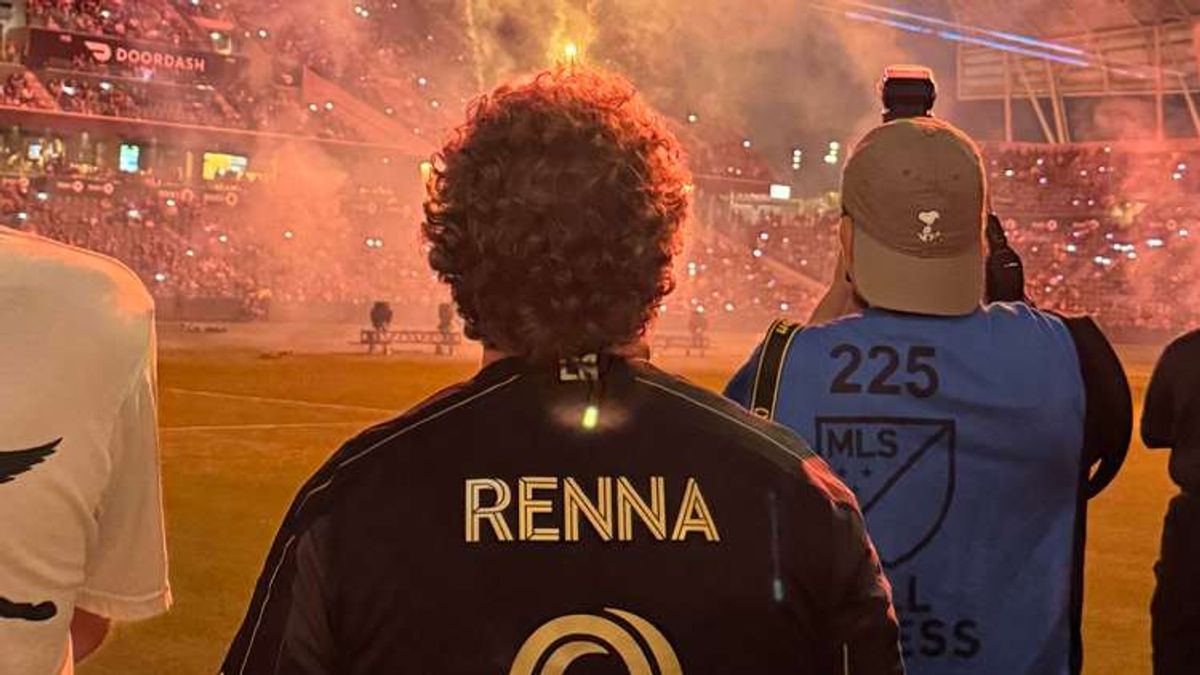Romelu Lukaku's Journey Back to Italy: Napoli's Hopes and Challenges
Romelu Lukaku’s long-awaited return to Italy is on the horizon, following a challenging recovery from a brutal thigh injury. Coach Antonio Conte and Napoli's staff are fervently preparing for his potential comeback in December, aiming to bolster their attack and Champions League aspirations.

Romelu Lukaku’s long road to recovery may soon be over. After a brutal thigh injury sidelined him for over two months, the Belgian striker is now returning to Italy to undergo final medical assessments. Coach Antonio Conte and Napoli’s staff are hopeful of a December return, as the club looks to reignite their attack and reshape their Champions League ambitions.Lukaku is finally on his way back to Italy. The Napoli forward suffered one of the most serious injuries of his career during a preseason friendly against Olympiacos in August. After a strong start that day, the Belgian collapsed clutching his left thigh, a moment later confirmed as a high-grade tear of the rectus femoris muscle, with partial tendon damage.Initial scans estimated a 100-day recovery period, ruling him out of the start of the Serie A season and Belgium’s World Cup qualifiers. Lukaku chose not to undergo surgery, instead committing to a conservative rehabilitation plan in Belgium, working under close supervision from both Belgian specialists and Napoli’s medical team.His program focused first on physiotherapy and gym conditioning, before progressing to controlled on-field work which is essentially a restart of preseason training. Calciomercatofurther confirm that Lukaku is set for his final assessment in Naples, marking day 77 of his recovery. Although optimism is high, there’s still some time to go before a permanent return is confirmed.Napoli are preparing meticulously for Lukaku’s reintroduction. Coach Conte has been in constant contact with both the medical and fitness departments, keen to balance ambition with caution. The plan is simple: get Lukaku back only when he’s 100 per cent ready, even if it means waiting until mid-December, just before the Supercoppa Italiana.Conte has designed a two-phase reintegration - extended gym sessions to rebuild muscle strength, followed by simulated match conditioning. Lukaku’s frame and playing style demand precision; a rushed comeback could risk aggravating the injury. If all goes well, he could even be named in the Champions League squad, potentially replacing Kevin De Bruyne, who is now out long term.Napoli’s optimism stems from more than just numbers, it’s about restoring presence. Lukaku, when fit, brings power, leadership, and a focal point to Conte’s system. His recovery could not only change the team's attack but also their European trajectory heading into the crucial winter phase.While one Belgian edges toward recovery, another faces a devastating setback. De Bruyne’s return to top form was abruptly halted during Napoli’s 3-1 victory over Inter, when he limped off just minutes after scoring a penalty. Post-match scans confirmed a high-grade tear to the biceps femoris in his right thigh which is the same muscle he had surgery on in 2023.The diagnosis rules him out until late February or early March 2026, effectively ending his season. It’s a crushing blow for Conte, who had built Napoli’s creative engine around De Bruyne’s composure and vision. The midfielder had already registered four goals in eight matches, redefining Napoli’s tempo and transition play.Without him, Conte must reconfigure midfield control, possibly by relying on Frank Anguissa and Stanislav Lobotka to maintain balance. De Bruyne’s injury has not only weakened the squad but also forced Napoli to rethink how they distribute attacking responsibility.Upcoming fixtures against Lecce, Como and Eintracht Frankfurt demand results, while the Supercoppa looms as an early test of their resilience. Conte’s biggest challenge lies in managing the transition while reintegrating Lukaku carefully, compensating for De Bruyne’s absence, and maintaining their sharpness in Serie A.Napoli currently sit joint-top of the league with Roma on 21 points, but depth is becoming an issue. Conte will need tactical adaptability, alternating between a 3-5-2 and 4-3-1-2, ensuring flexibility in both defence and midfield. Integrating Lukaku’s return gradually could stabilise their finishing woes, while the squad’s fitness management will dictate whether they can sustain their title push.
Romelu Lukaku's Road to Recovery
Napoli's star forward, Romelu Lukaku, faced a significant setback with a severe thigh injury sustained during a preseason friendly in August. The injury, diagnosed as a high-grade tear of the rectus femoris muscle, posed a substantial challenge to his playing career. Opting for a non-surgical approach, Lukaku embarked on an intensive rehabilitation program in Belgium under the guidance of specialists from both Belgium and Napoli.
Conte's Strategic Approach
Antonio Conte, Napoli's astute coach, has intricately planned Lukaku's reintegration into the squad. Carefully balancing ambition with caution, Conte is prioritizing Lukaku's complete recovery before his return to the field. The two-phase reintegration plan involves rigorous gym sessions to rebuild strength followed by simulated match conditioning, ensuring Lukaku's readiness for competitive action.
Impact of De Bruyne's Setback
While Lukaku's comeback brings hope to Napoli, the team faces a significant blow with Kevin De Bruyne's injury setback. De Bruyne's absence due to a major thigh injury has disrupted Napoli's midfield dynamics, forcing a reevaluation of the team's attacking strategy. Conte must now navigate the challenge of compensating for De Bruyne's pivotal role while integrating Lukaku back into the squad smoothly.
Napoli's Strategic Outlook
As Napoli aims to maintain their impressive league position and Champions League ambitions, Conte faces the task of managing a series of crucial fixtures and adapting the team's tactical approach. With Lukaku's potential return offering a boost to the team's attacking prowess, Napoli's depth and fitness management will be pivotal in sustaining their title push and European aspirations.











